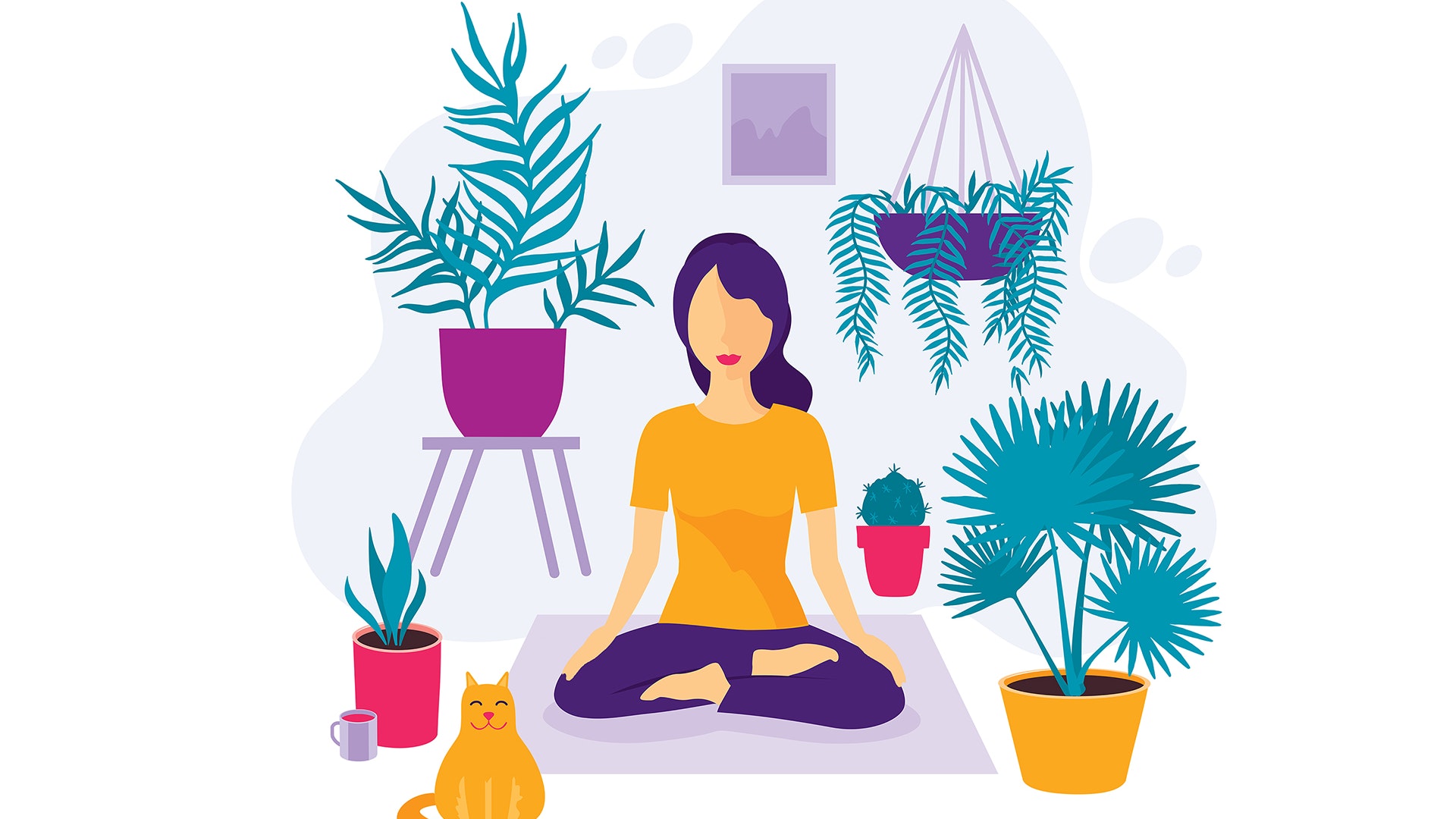We often notice people getting anxious about intimacy, about separations, about weddings, about very existence. Meditation is a technique suggested to such people, to train their thoughts. Headspace rightly puts the meaning of this technique. Meditation isn’t about becoming a different person, a new person, or even a better person. It’s about training in awareness and getting a healthy sense of perspective. You’re not trying to turn off your thoughts or feelings. You’re learning to observe them without judgment. And eventually, you may start to better understand them as well. Wedding Affair recommends meditation to all those who are about to tie the knot during this pandemic.
How to meditate?

Meditation is a simple practice available to all, which can reduce stress, increase calmness and clarity and promote happiness. Learning how to meditate is straightforward, and the benefits can come quickly. “Some people complain about taking time out of their day,” said Atman Smith, who teaches meditation to underserved communities in Baltimore. “Practice is important though. It’s a tool you can use to bring yourself back to the present in stressful situations.” (NY Times)
But we shouldn’t stop being mindful when we stop meditating. “The purpose of mindfulness meditation is to become mindful throughout all parts of our life, so that we’re awake, present and openhearted in everything we do,” said Tara Brach, a popular meditation teacher based near Washington, D.C. “Not just when we’re sitting on the cushion.” (NY Times)
You might wanna get a detailed guide or a teacher for your practice. Though meditating on your own is an essential part of a complete practice, the steady guidance of an experienced teacher can be invaluable, especially as you’re getting started. Our minds wander so easily, and the clear instructions of a teacher can help bring us back to the present moment.
If Mind Wanders
The brain has a limited attentional capacity. This means that you can only think about a certain number of things at any one given time. One of the challenges with meditation is that as you are clearing your mind, you are creating an open space that wants to be filled. Sometimes when people are coping with stressful events, they turn to meditation to calm their mind and find that their mind floods with even more thoughts of what they are trying not to think about. Active meditation helps this problem by giving you a task to do that takes up all of your attention and occupies its working capacity so that there is much less room for other thoughts to creep in. (Source: Psychology Today)

When to meditate?
To add a meditation practise into your routine, it is best to set aside a regular time to do it every day. First thing in the morning is a great way to start your day off on a positive note; however, for some, mid-day is a time that offers a needed break, and right before bed can have a calming effect. You can also break it up into small brief meditations throughout the day, three to four minutes in the morning, three to four minutes mid-day, and three to four minutes in the evening can really add up. What is most important to know is that there isn’t a wrong way to meditate, it’s a matter of finding what works best for you. (Source: Psychology Today)










